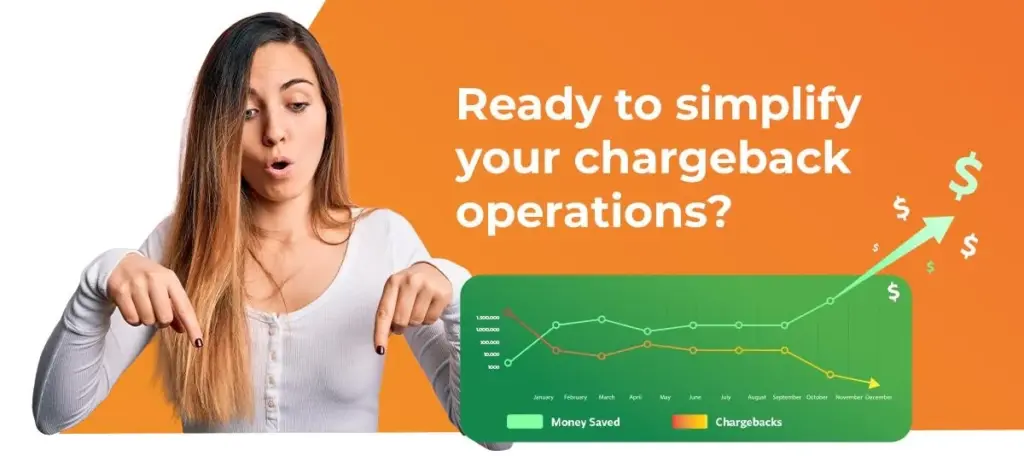Chargeback vs Refund: What’s the Difference?

To a cardholder, the difference between a chargeback and a refund is merely semantics; to them, the end result for them is the same. But if you’re a high-risk merchant, it’s a matter of life and death for your processing. This quick read is dedicated to showing you the key differences and how to use them to your advantage.
What is a refund? What is a chargeback?
Both refunds and chargebacks have the same tragic origin stories. They start as disputes from fraud, processing errors, or some dissonance between the buyer and their purchase. In the best case scenario, the dispute is taken to the merchant directly, and it becomes a refund. But if the cardholder takes the dispute to their bank, odds are it will become a chargeback. Basically: banks do chargebacks, merchants do refunds.
[posts_list tag=’chargeback protection’ position=’right’ heading=”More About Chargeback Protection”]
Diligence makes a difference.
Believe it or not, as a merchant, you have considerable leverage over the difference. As we said, it makes very little difference to the cardholder how they get their money. When they come to you, a refund is simple. Just do it, because if you say no, they’ll just initiate a chargeback with their bank. When they do that, an alert always precedes the chargeback. If you catch the alert, you can refund the money then and there. So whether they come to you or to their bank, you have the power to preempt a chargeback. You just need to be on top of your game.
With ChargebackHelp, you can take your game to the next level. You are in the business of delivering your goods and services. We are in the business of alerts. Together we can eliminate your chargeback pain-point, recover lost revenue and improve your payment processing performance. It’s just a conversation away. Shoot us an email, or go old-school and call us 1.800.975.9905.








